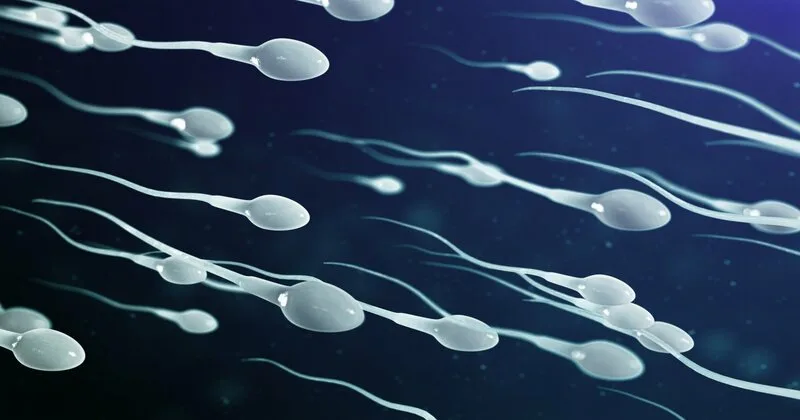
A recent study published in Alcohol reveals the harmful effects of excessive alcoholic beer consumption on male reproductive health, showing how it damages testicular tissue and disrupts sperm production. Researchers found that heavy drinking causes oxidative stress, disturbs essential cellular functions, and alters protein expression, all of which are critical for healthy spermatogenesis. Key findings included reduced levels of cyclin D1, a protein essential for cell division, and increased levels of p21, which inhibits cell growth, impairing sperm cell development.
The study also highlighted oxidative stress as a primary factor in testicular damage. Mice exposed to high alcohol levels showed elevated malondialdehyde, an indicator of oxidative damage, alongside a decline in protective enzymes like superoxide dismutase and catalase. Histological analysis revealed severe structural damage to testicular tissue, including reduced germinal cell layers, atrophy of seminiferous tubules, and swelling, leading to compromised sperm production. Longer exposure periods—up to 35 days—resulted in even greater oxidative stress, protein imbalances, and structural deterioration.
Conducted on 24 male mice, the study identified a dose-dependent impact of alcohol, with chronic consumption causing progressively severe reproductive harm. However, researchers cautioned against directly applying these findings to humans, noting the experimental alcohol doses far exceeded typical human consumption levels. They emphasized that while the study underscores the risks of heavy drinking, it does not equate moderate alcohol intake with the same degree of damage.

Post Your Comments